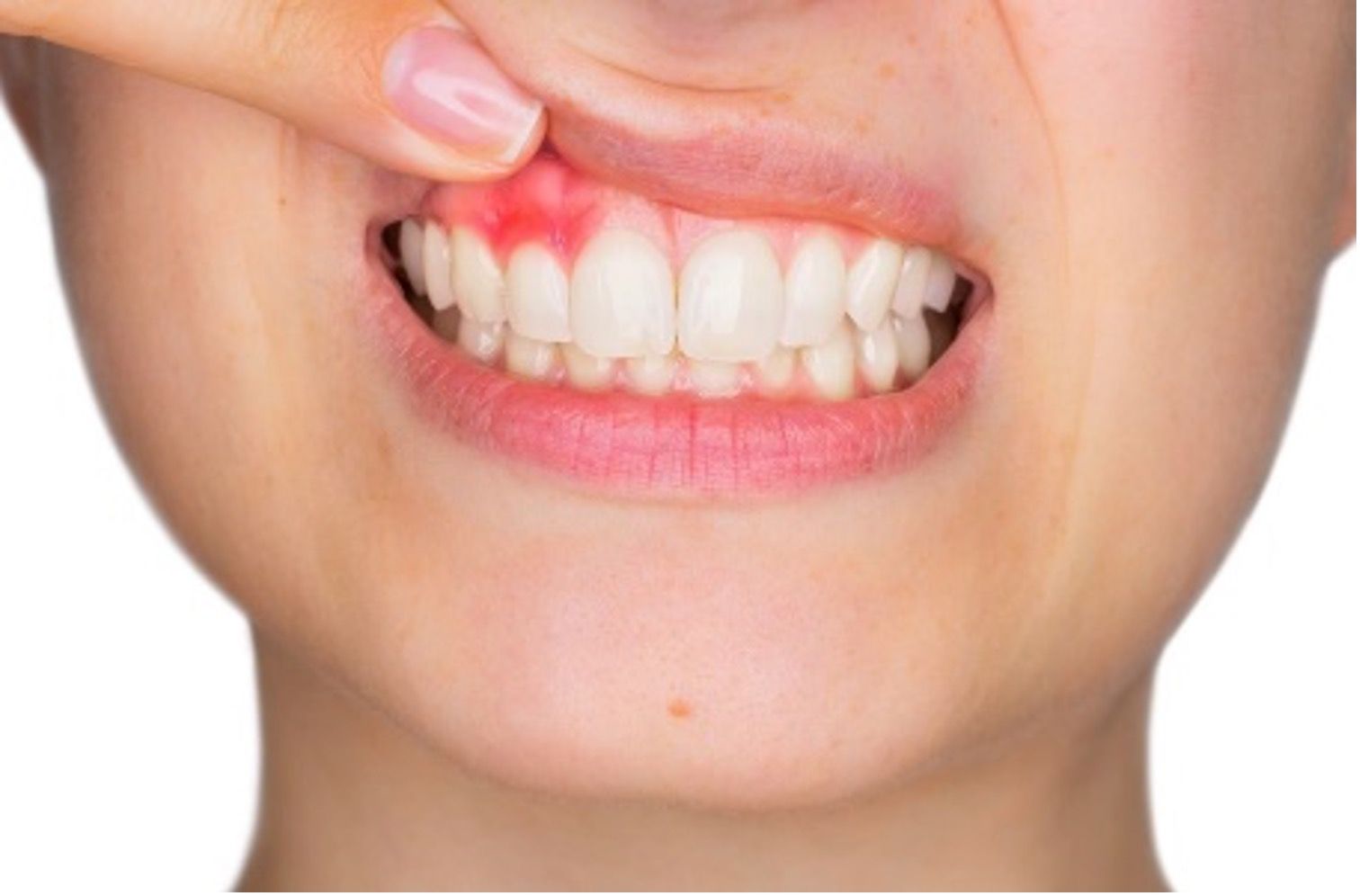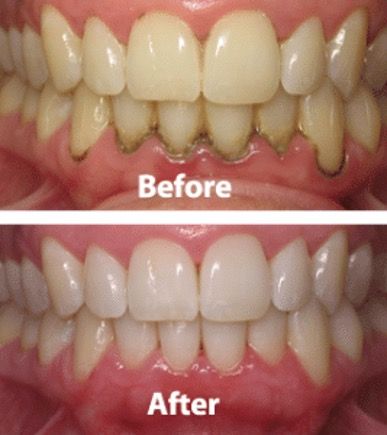Treatment of Periodontal Gum Disease in Truro Cornwall
Our highly experienced clinicians in Truro Cornwall will carry out this specialist periodontal clean using the gold standard minimally invasive EMS AIRFLOW technology for your comfort and fine ultrasonic scalers to thoroughly deep clean around the teeth and below the gumline effectively removing all plaque biofilm, hard tartar and stain in areas where your toothbrush can't reach. This is followed by a strict oral hygiene regime and maintenance appointments to ensure gum disease is kept at bay.
Before your treatment, a detailed chart is taken, including - pocket depths, bleeding, recession, and mobility, to assess the severity of your gum disease.
-
Quarter Mouth Deep Clean:from £160
-
Half Mouth Deep Clean:from £200
-
Full Mouth Deep Clean:from £360
* These prices are a guideline only and will vary from patient to patient depending on the severity of gum disease.

Gum Disease treatment - Non Surgical Periodontal Therapy
Our hygienists carry out routine oral health assessments of patient’s teeth and gums on every appointment. If periodontal gum disease is present and has been diagnosed, our hygienist's duty of care will be to explain the cause and risk factors associated with gum disease and discuss the treatment options available to treat the condition. We will also advise how you can help to improve your periodontal condition, starting with a tailored oral hygiene regime.
This will include:
- Toothbrushing twice a day, this will remove 60% of the plaque and bacteria on the teeth
- Using interdental brushes and or floss will remove the remaining 40% of plaque in between the gaps of your teeth
- Temporary use of a medicated mouthwash to reduce inflammation and bleeding - we often advise to dip your interdental brushes in this mouthwash.
Treatment Day in our Truro Hygiene Suite
Our highly experienced Truro hygienist team will use the very best equipment and technology to ensure your comfort and guided biofilm therapy enables us to directly target our cleaning. The use of numbing gel followed by local anaesthetic may be required in areas that are more sensitive and sore due to swollen gums. The hygienist will thoroughly deep clean and remove calculus build up around and below the gum line when the patient is comfortable and ready to proceed.
After completing the prescribed treatment plan, patients are given a 2-3 month period for their gums to heal. During this time, it's crucial for your at-home teeth cleaning routine to be at its optimal level to enhance gum health outcomes.
2-3 month Review Appointment
We recommend a follow up review appointment so we can re-chart your periodontal pockets, and bleeding scores to monitor your bodies healing response from the prescribed deep clean treatment.
This ‘review appointment’ costs £85 depending on the severity of the patient's gum disease. During this appointment the hygienist will clean around the teeth, gum line and pockets promoting the health of your gums whilst re-enforcing your oral hygiene regime to ensure plaque levels are low. With regular maintenance, this will ensure the gums will continue to improve over time.
For long term stabilisation of the gums we advise regular supportive maintenance cleans. This is important to prevent future plaque and tartar build up and allow you to manage and live with optimal oral health with ease.
Post-Treatment Day
- Your mouth will likely be numb for a few hours after our deep clean appointment
- Most people experience some mild discomfort and sensitivity following this treatment for a few days however this will subside so don’t be alarmed
- Avoid strenuous exercise on the day after treatment as this increase blood flow
- Maintain a strict oral hygiene routine and toothbrushing twice a day

What Is Gum Disease?
It refers to an infection of the tissue that surrounds and holds your teeth in place. There are two distinct stages to periodontal disease: The first stage, gingivitis, involves swelling and reddening of the gum tissue. The second, periodontitis, can mean the gums actually pulling away from teeth, bones deteriorating, and teeth loosening and potentially falling out.
What Causes It?
The simplest explanation for what causes periodontal disease is plaque bacteria. The plaque that builds up daily eventually hardens into tartar (calculus) if not brushed away. This tartar spreads and overtime it builds up below the gum line causing a gum disease. Inflammation, bleeding, bad breath and soreness will set in and if left untreated will cause damage to the gums and supporting bone holding the teeth in position.

What Are Its Risk Factors?
While bacteria is the main culprit behind periodontal disease, there are a number of lifestyle or behaviour factors that can increase the persons chances of it developing and progressing. Some of the leading risk factors are:
- Smoking discuises bleeding so people who smoke don’t realise they have gum disease
- Poor oral hygiene (not brushing teeth regularly twice a day, not using interdental brushes/aids)
- Diabetes- treating gum disease can improve your diabetes
- Diseases that suppress the immune system- reduced / slow healing of the gums
- Medications
- Hormonal imbalances
- Stress
- Crowded teeth
- Genetic predisposition
What Are Its Warning Signs?
Some of the most common and obvious signs of periodontal disease include:
- Red/swollen gums
- Tender/bleeding gums
- Persistent bad breath or bad taste in the mouth
- Sensitive teeth
- Pain when chewing
- Changes to your bite
- Pulling away of gum tissue from teeth
- Loose teeth
How Is It Treated?
Once a dentist or hygienist has diagnosed the periodontal disease from their initial oral health assessment they can provide some dental options to help improve and resolve the issues. Patients should keep in mind that the success of any treatment option is going to depend on their willingness to keep up good oral hygiene habits at home. That said, the early stage of periodontal disease — gingivitis — can be treated with regular cleanings from your hygienist in concert with daily brushing and flossing. More advanced periodontal disease might require further treatment options, such as deep-cleaning of the teeth roots below the gum surface or referral to a periodontal specialist.
Additional Facts About Periodontal Disease
- 47% of all adults over 30 have some form of periodontal disease
- 70% of adults over 65 have the disease
- Periodontal disease is more common in men (56%) than in women (38%)
- 64% of current smokers have periodontal disease




For more information or if you are worried about Gum Disease please call us on 01872 859948